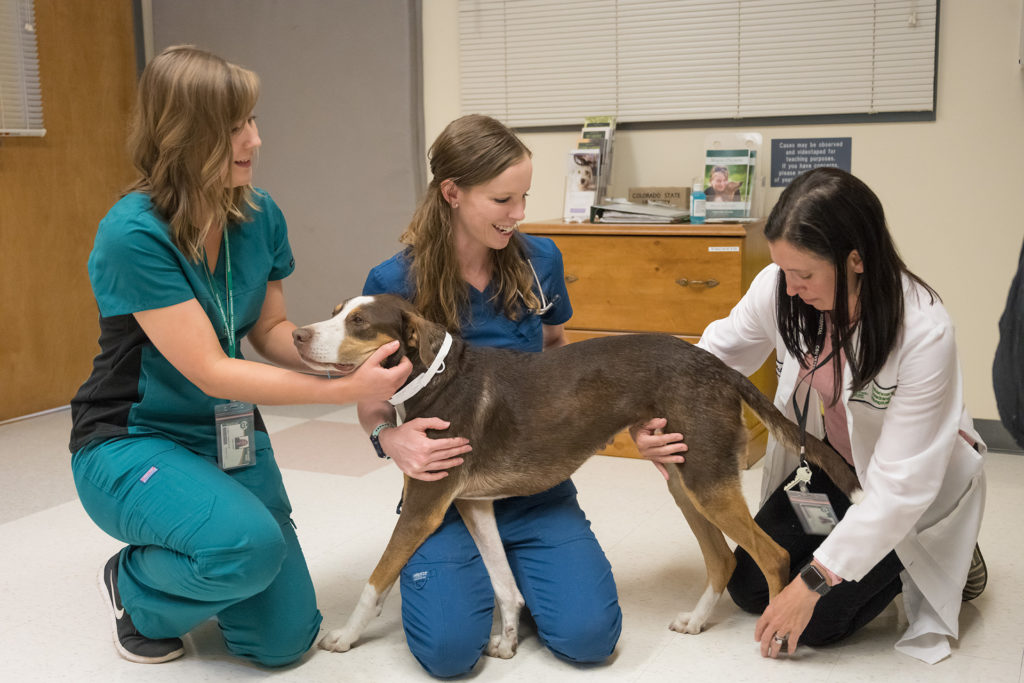
By Dr. Aaron Rozental and Dr. Stephanie McGrath
Cannabidiol, popularly known as CBD, gained mainstream fame for treating seizures with a strain of hemp called “Charlotte’s Web.” It was named for Charlotte Figi, a child with Dravet syndrome whose family was so desperate for an effective therapy, they moved to Colorado in search of an answer. Her seizures were successfully treated with cannabis that contained high concentrations of CBD (a non-psychoactive component of cannabis) and very low concentrations of THC (the psychoactive component of cannabis).
Following the Agriculture Improvement act of 2018, hemp with less than 0.3% THC was descheduled as a controlled substance in the US. This led to an explosion in popularity of CBD and availability of commercial products containing this phyotcannabinoid. CBD is a prominent phytocannabinoid (a molecule produced by a plant) in the Cannabis sativa plant. It has been advocated for use in a wide range of diseases from anxiety to heart health and even cancer, and has gained in popularity among pet owners as well.
In 2018, the FDA approved Epidiolex (hemp-derived CBD) for use as an anti-convulsant in patients with two rare childhood diseases: Dravet and Lennox-Gastaut syndromes. There is some, but minimal evidence that CBD may be effective in other forms of epilepsy in humans.
Research continues to move forward in human trials, and in animal trials at the Colorado State University Veterinary Teaching Hospital. The mechanism by which CBD exerts its anticonvulsant effects is unknown. There are several hypotheses, but none have been verified. If the true mechanism of seizure control were to be established, this may help us understand which patients would benefit from its use.
When reading articles about a new medication, it is important to keep in mind that pharmacologic findings in mice or rats often do not translate to humans. This is even more critical when evaluating the endocannabinoid system and medications that might affect it as there are reported differences between species. We need to allow time for the science to catch up to the new-found interest and investment in CBD in order to truly understand the benefits and risks of manipulating the endocannabinoid system and its receptors.
What are CSU veterinarians studying?

Researchers are evaluating the pharmacokinetics (how much of a medication is absorbed and how long it is detectable in the bloodstream) and safety of CBD in dogs and cats. This helps us extrapolate a dose to use during clinical trials to study its effect on various diseases. Research is being conducted at CSU to evaluate the effect of CBD in the treatment of idiopathic epilepsy, osteoarthritis, and certain types of cancers.
A pharmacokinetic study was completed at CSU and published in 2018. This study evaluated three different methods of CBD dosing: CBD-infused oil, microencapsulated oil beads, and CBD-infused transdermal cream. It was established that CBD oil administration lead to more consistent CBD concentrations in the bloodstream than the other two methods of administration.
As CBD treatment for epilepsy in humans seemed promising, an epilepsy pilot study was performed at CSU and published in 2019. Dogs with idiopathic epilepsy (seizures with no other abnormalities found; presumed genetic basis) were enrolled in this study. Sixteen dogs successfully completed the study.
At the time of enrollment, all patients were having multiple seizures per month despite receiving standard anti-convulsant medications. At the start of the study, they were either given placebo or CBD (owners and study personnel were not aware of which dogs received CBD or placebo until the study ended).
Although not meeting the traditional standard of 50% seizure reduction to classify statistical significance between treatment groups as “responders,” other metrics are promising. Albeit smaller reductions, there was a statistically significant larger median reduction of seizures in the CBD group and a larger number of dogs in the CBD group showing a reduction in seizures compared to placebo.
We are currently enrolling dogs for a much larger CBD-for-epilepsy clinical trial and administering a higher dose of CBD. This trial is a placebo-controlled crossover trial. This means that all dogs receive placebo for part of the trial as well as CBD for part of the trial. We hope that results will be available in the next year or two.
Are there side effects in dogs?
In our clinical trials as well as clinical trials performed elsewhere, we have found that dogs commonly develop elevated alkaline phosphatase (ALP) with chronic administration. This is a liver enzyme and it is unclear whether this elevation related to CBD administration is a result of liver damage or is a benign change as we can see with some other medications. There are reports of liver enzyme elevations in humans as well and periodic bloodwork monitoring is recommended for all patients taking CBD for this reason.
As CBD is metabolized by the liver, caution should be taken when administering CBD to your pet who has liver disease or is concurrently receiving other medications that are metabolized by the liver. Interactions are largely unknown but could potentially be severe without proper monitoring. CBD has the potential to alter the blood concentration of anticonvulsants in humans. CBD may also cause diarrhea in some patients but it is unclear whether this is due to the CBD component or the delivery oil itself.
Is CBD better than other anticonvulsants for my dog?
Based on clinical evidence the short answer is “we don’t know yet.” However, new research is being performed to evaluate CBD in a larger cohort of patients to improve statistics and to test higher drug concentrations.

Aaron Rozental, DVM is the neurology clinical trials intern. He works on some of the CBD projects as well as other clinical trials within the neurology department at the Colorado State University Veterinary Teaching Hospital. He will be starting a residency in the neurology department in July 2020.
Stephanie McGrath, DVM, MS, DACVIM (Neurology) is an assistant professor of neurology at Colorado State University.
If you have any questions about CBD in epilepsy or about any of the clinical trials ongoing in the neurology department, please feel free to call or email the neurology clinical trials department. Email: CSUNeuroTrials@colostate.edu. Phone: 970-297-4405.